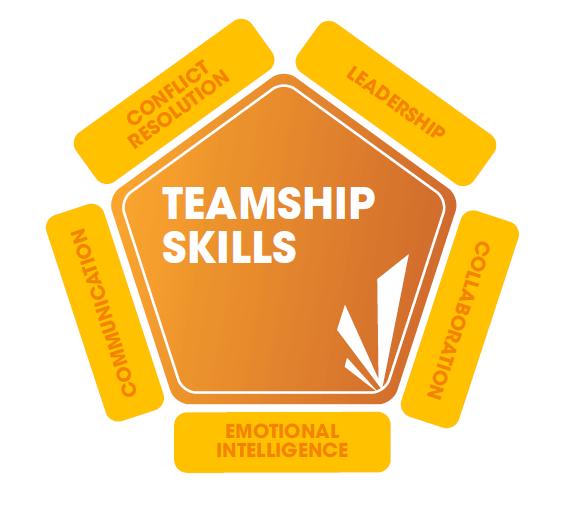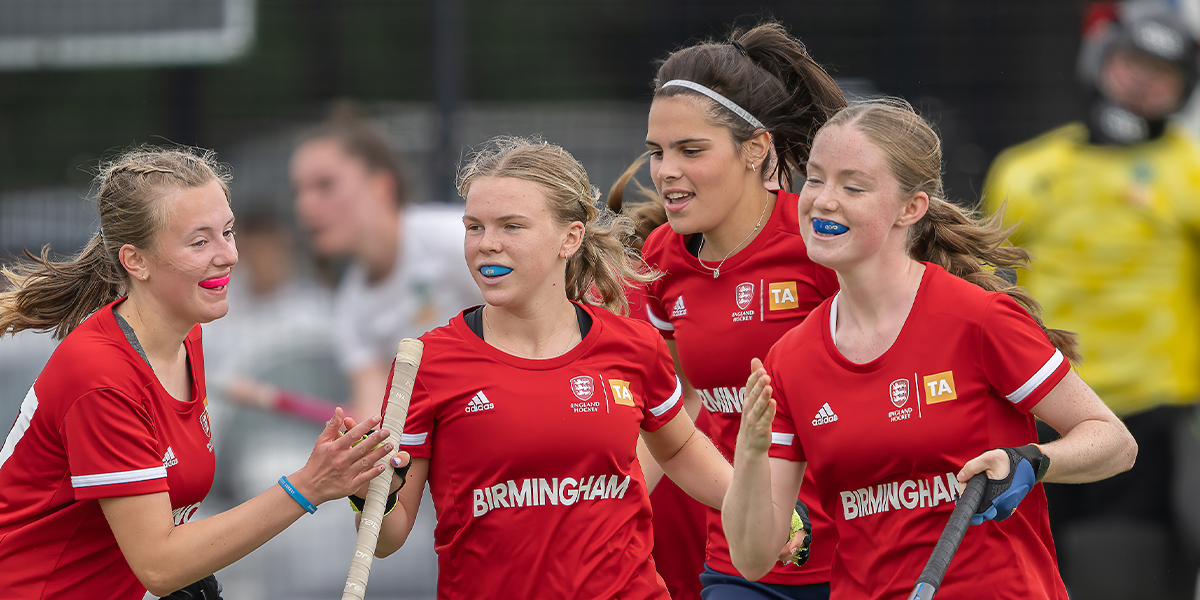Teamship Skills are very important in a team game such as hockey. They are the psychological skills that help a player thrive in the team environment, working effectively with others and making the team better through their impact on others.
These skills can influence how successful a team will be. They involve the following skills, and again stakeholders throughout the talent system should be aware of these skills and find opportunity to discuss and develop the skills in their environment. Individual development of Teamship skills can be developed in any social setting - it does not have to be just through sport. The importance of school, for example, in conflict resolution and developing communication skills, can all influence this area.

-
- They have the capacity to empathise with the other persons viewpoint
- They pay attention to the feelings being expressed.
- They have the ability to seek compromise.
- They can manage stress quickly while remaining alert and calm.
-
- They compliment and praise their team mates regularly.
- They are able to express themselves and be understood.
- They understand the implications of the different tones that can be used when communicating.
- They understand how to communicate through body language both on and off the field.
- They can conduct themselves in a 1-1; peer group; small group and large group with effective communication at all levels.
- They can actively listen and use others information to relay communication clearly.
-
- They understand their own emotions and are able to self-regulate knowing the impact that it can have on others around them.
- They understand what others are feeling during meetings and conversations
- They can demonstrate attunement – the ability to tune into others feelings and act appropriately.
- They are willing and able to challenge others effectively
- They demonstrate an interest in the lives of their teammates
- They are an attentive listener
- They are aware of how their words and actions impact others on the team and strive for this to be consistently positive
- They adjust their behaviour and style to fit the nature of a conversation, relationship or moment
-
- They appreciate that leadership positions hold power and they know how to positively use this power.
- They act as a role model to others
- They recognise that leadership can be delivered in many different- styles and can recognise their leadership style.
- They take responsibility for themselves, their possessions, their actions and others within the team.
- They can inspire and motivate others with through their communication and actions.
- They can actively listen.
- They have the ability to involve everyone within the team.
-
- They are able to work with others to problem solve.
- They are able to understand personal strengths and how that fits with the team.
- They can help determine team strengths and how this can be utilised to improve the function of a team.
- They can help determine the most important areas to improve as a team.
- They are able to determine personal weaknesses and how the team may mitigate for this.
- They are willing to take on different projects, no matter how challenging or tedious, for the good of the team.
- They share credit for team achievements.
- They put the team before themselves.
- They feel a sense of responsibility for the overall success of the team.
- They are willing to contribute to and think about the teams mission outside of core training hours.
- They contribute positively to team culture.




